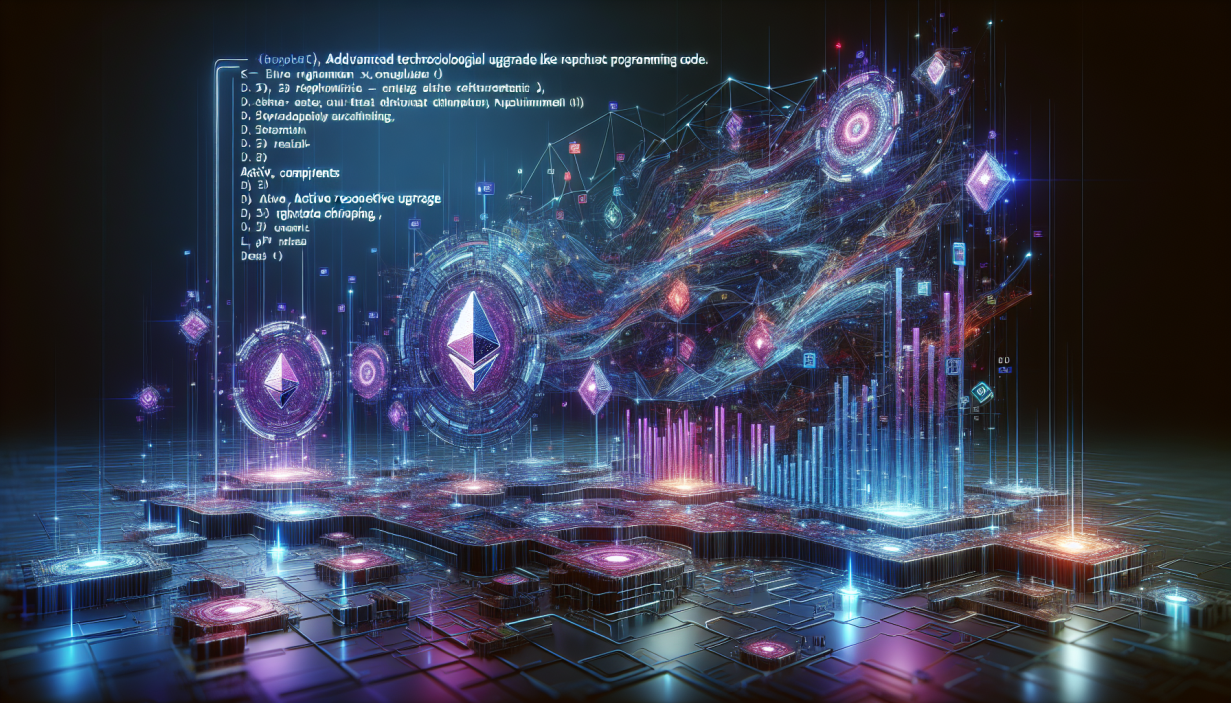OpenSea and Seaport Launch the most advanced NFT marketplace protocol
Seaport 1.6 marks a new phase and a new standar in the future of NFT marketplaces
March 21, 2024 04:40 PM
Reading time: 1 minute, 50 seconds
TL;DR OpenSea and the Seaport Working Group have announced the launch of Seaport 1.6, a significant upgrade in the NFT marketplace protocol on the Ethereum Virtual Machine (EVM) ecosystem. This upgrade introduces Seaport hooks, enabling developers to enhance NFT utility and liquidity—the transition to Seaport 1.6 marks a new era in digital ownership and marketplace capabilities.

OpenSea Announces Seaport 1.6
OpenSea, in collaboration with the Seaport Working Group, has launched Seaport 1.6, positioning it as the most advanced Non-Fungible Token (NFT) marketplace protocol within the Ethereum Virtual Machine (EVM) ecosystem.
According to a blog post by OpenSea, Seaport 1.6 is now live, with a phased migration plan for users and developers starting March 25 and fully transitioning by April 1, when the OpenSea API will cease accepting orders from the previous version, Seaport 1.5.
"Seaport 1.6 offers advancement in NFT marketplace technology, with unique features and capabilities."
Enhanced Functionality with Seaport Hooks
One of the most notable features of Seaport 1.6 is the introduction of Seaport hooks. Similar to the functionality seen in Uniswap v4, these hooks provide developers with the freedom to create applications that enhance the usefulness and liquidity of NFTs.
By serving as plugins, Seaport hooks allow for real-time NFT responses to sales, enabling programmable reactions based on specific conditions. This opens up possibilities for metadata updates, integration with pricing oracles, and a myriad of interactive experiences within the NFT ecosystem.
A Step Forward for OpenSea and the NFT Marketplace
OpenSea's rollout of Seaport 1.6 is part of its ongoing effort to expand its platform and foster user adoption.
Following the introduction of OpenSea 2.0, which expanded support for multi-blockchain NFTs, and the simplification of Web3 wallet creation, OpenSea continues to demonstrate its commitment to making NFTs more accessible and fostering a vibrant community of creators and collectors.
Founded in 2017, OpenSea has grown to become a leading figure in the NFT space, backed by major investors and driving innovation in the Web3 industry.
Regulatory Landscape and Future Implications
As the NFT market continues to evolve, the specter of regulatory scrutiny looms large. Upcoming discussions between regulatory authorities from the United States and South Korea in May 2024 will address the burgeoning digital asset markets and the potential need for NFT regulations.
The outcomes of these discussions could significantly impact the NFT industry, shaping the regulatory framework for years to come.
With Seaport 1.6, OpenSea and the Seaport Working Group are not just advancing the technological infrastructure of NFT marketplaces but are also paving the way for a future where digital ownership and marketplace interactions are more dynamic, secure, and user-friendly.



